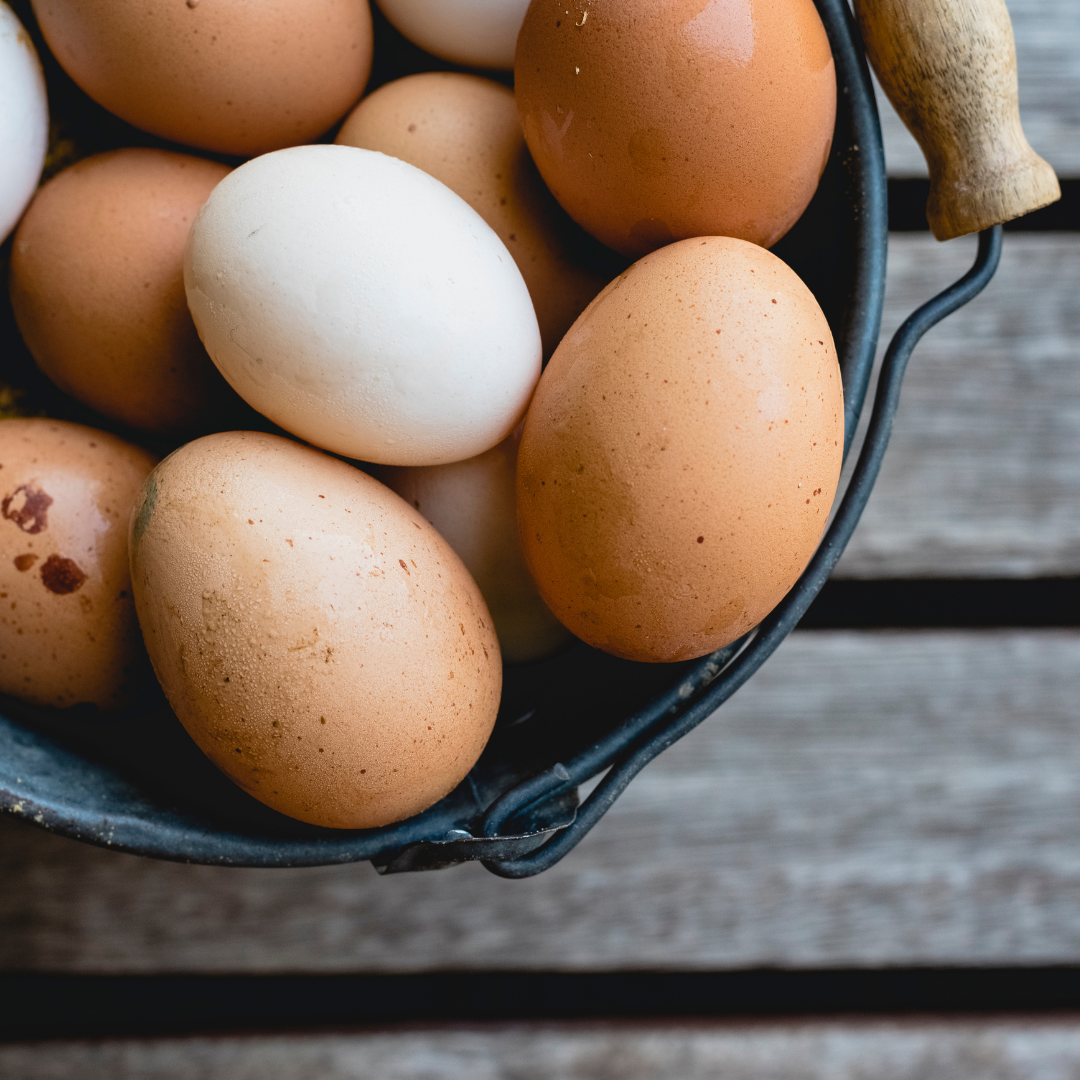You come home from a long winter day at work or school and visit the coop to collect the day’s eggs. They’re cold. Really cold with hairline cracks in some of their shells. That’s not surprising. Those eggs have been sitting in the nest for hours on a subzero day.
Egg whites and yolks contain plenty of water but are loaded with dissolved solids. These lower the egg freezing point to about 29 degrees. Eggs rarely freeze in moderately cold weather but if the temperature drops like a stone eggs freeze and crack in just a couple of hours.
In many ways eggs are the perfect product. They are delicious nutrition packaged in a protective shell and membrane that keeps bacteria and dirt out. Unfortunately, that tiny crack in a frozen egg can be an ideal passageway for dirt and microbes to enter. Eating that contaminated egg could be a health risk.
What do you do with a frozen egg? The best solution is to never let it happen. It’s wise to collect eggs often throughout the day, but when the mercury drops toward the bottom of the thermometer it’s essential. Collecting eggs every couple of hours makes it unlikely that any will freeze. Unfortunately, when chicken keepers are stuck at work or school all day, they can’t saunter to the coop often to gather their eggs. A few eggs are likely to freeze on a frigid day. For those who cannot collect regularly, some heat in the coop can keep eggs from freezing. Even, enclosed nest boxes can maintain some warmth and possibly prevent eggs from freezing.
What’s the safest thing to do with a rare frozen egg? Either toss it somewhere so night time raccoons or opossums can snack on it, or mix it into the compost pile. It may seem like a waste but it beats getting sick.

Purposefully Freezing Eggs
Deliberately freezing eggs for future use is far different from finding frozen eggs in the nest. A frozen egg is one that was in the nest too long on a frigid day. To be safe, toss it out. Freezing eggs purposefully in the freezer is a way to store them for months. Almost any family who keeps a flock of hens has times when eggs build up in the refrigerator and days when there just aren’t enough for baking and cooking. A solution is to freeze them when they are abundant. It’s easy. Crack them into a container, scramble them up, seal the container and freeze. They should last about a year.
For information on egg freezing, safety, recipes check these websites: www.incredibleegg.org or www.eggindustrycenter.org.